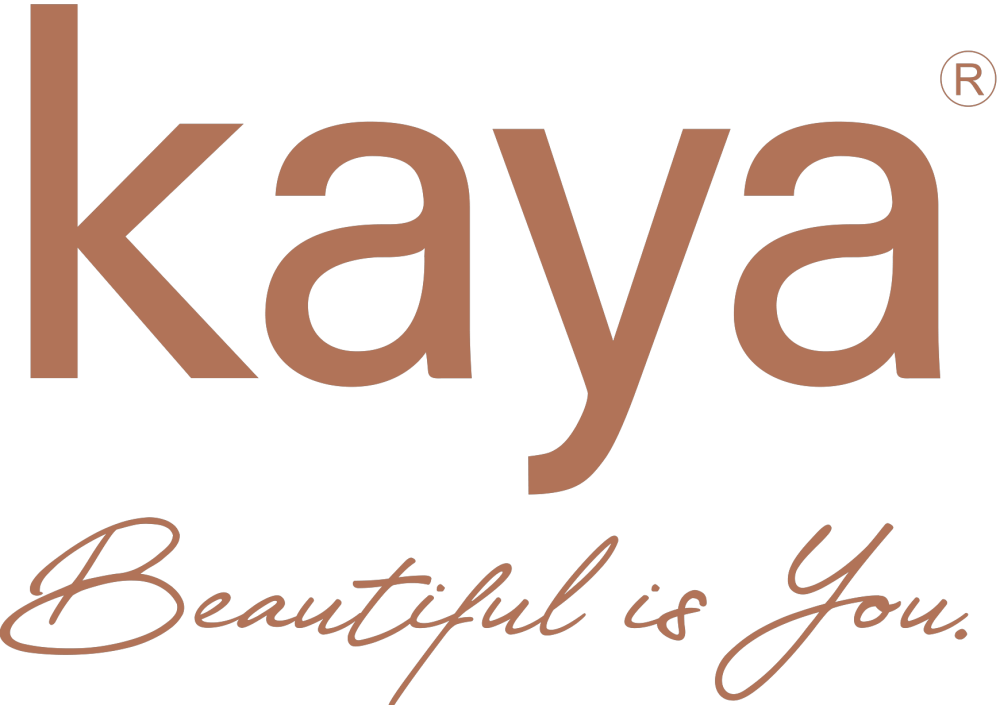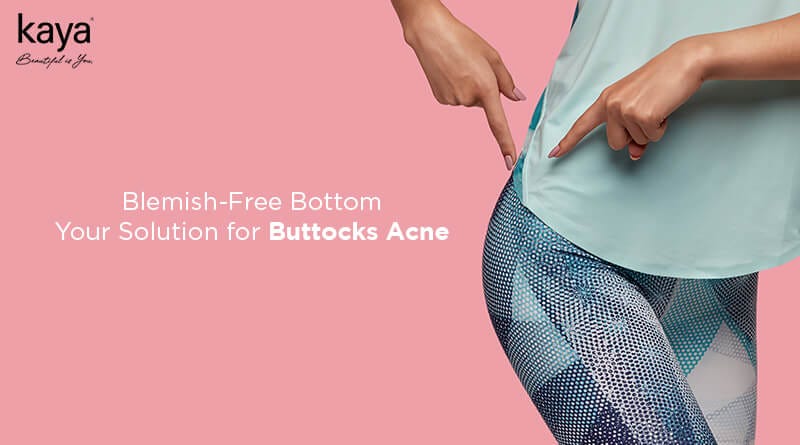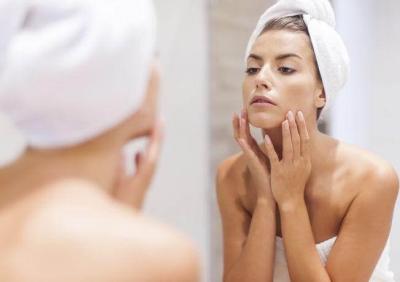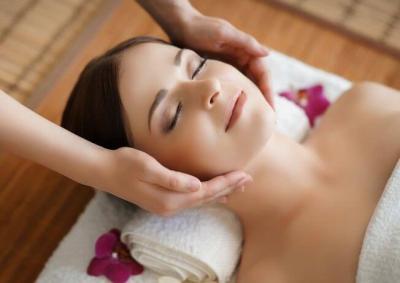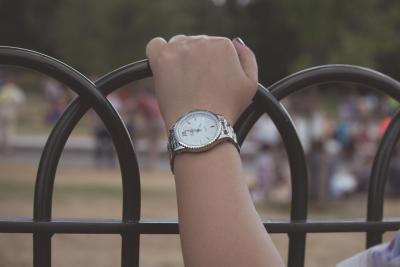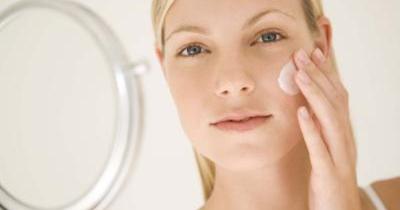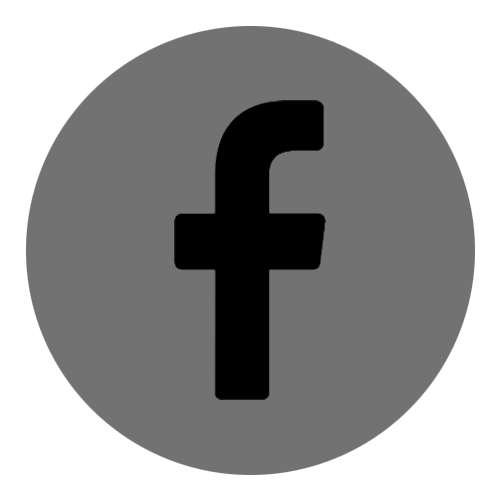Laser Skin Resurfacing for Acne Scars - Expert Treatment
Laser skin resurfacing treatment is a well-known cosmetic procedure which helps to rejuvenate and reverse severe facial disorders.
1
What is Laser Skin Resurfacing Treatment?
It helps to reduce imperfections of your appearance on your skin’s surface. This treatment aims to achieve a more uniformed skin appearance. It is done using a laser which dissolves the molecular bonds of the damaged cells of each layer. This rejuvenates your skin and peels away the damaged layers of your skin. The laser resurfacing treatment involves an intense light beam, which is further divided into ablative and non-ablative lasers. Ablative lasers are invasive, and remove the top layer of your skin. This will cause your skin to appear red as it tries and repairs itself. The non-ablative lasers are less invasive and use heat to stimulate the cells which leads the underlying collagen to thicken. This results in the improvement of the tone and elasticity of your skin.-(1).jpg)
2
Who is an Ideal Candidate for Laser Skin Resurfacing Treatment?
This treatment is most effective on patients who have lines, wrinkles, uneven pigmentation, acne scarring etc. The ideal candidate considered for this treatment should not be taking any medications or should not have any existing health conditions. Patients with minor skin imperfections are not considered ideal for this treatment. Since this treatment, like any surgery, would require a minimum recovery period and hence it is advisable for those who have minor scarring or other disparities with their appearance. For those with minor skin imperfections, milder alternative treatments are suggested.3
What are the Side Effects to Laser Skin Resurfacing Treatment?
Just like any other surgical treatment, this laser treatment for acne scars can also have side effects. Some of the side effects of laser treatments for acne scars removal are:• Itching, swelling and redness :
After the treatment your skin will be itchy and swollen. The degree of the redness will depend upon the depth of the resurfacing done. This can be intense and could last up to several months. If there were any previously existing skin conditions, it could also add to the redness.
• Infection :
This laser treatment in the ablative form can sometimes lead to viral or fungal infection. A flare up of the herpes virus is the most common infection.
• Change in skin color :
The ablative resurfacing treatment can sometimes cause the treated area to appear darker or lighter. The signs of hyperpigmentation usually occur weeks after the treatment has been done. The use of topical retinoic acid or glycolic acid can help to treat the discolouration after the treated skin has healed.
4
